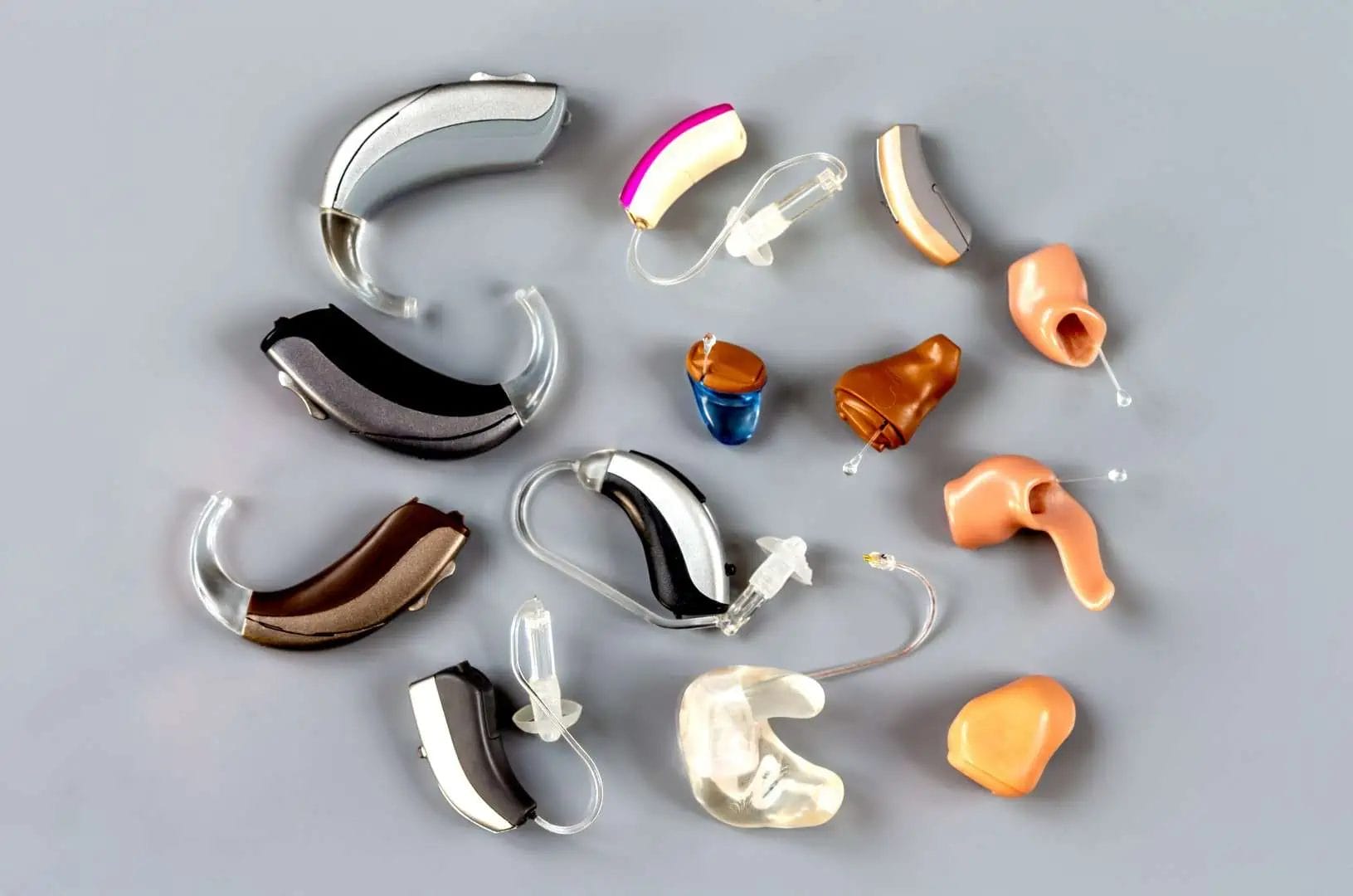When hearing challenges start affecting your daily conversations, choosing the right hearing aid becomes crucial. Adelaide residents now face an important decision: over-the-counter (OTC) hearing aids or custom-fitted devices from professional audiologists. Both options serve different needs and budgets, making it essential to understand which solution works best for your specific situation.
This guide explores the key differences between OTC and custom hearing aids in Adelaide, helping you make an informed choice that could significantly improve your quality of life.
What Are Over-the-Counter Hearing Aids?
Over-the-counter hearing aids are pre-programmed devices you can purchase without a prescription or professional fitting. These devices became widely available after regulatory changes aimed at making hearing assistance more accessible and affordable.
OTC hearing aids work well for adults with mild to moderate hearing loss. They come with basic amplification settings and often include smartphone apps for simple adjustments. Most models offer standard ear tip sizes and volume controls that users can modify themselves.
The main appeal lies in their convenience and cost-effectiveness. You can walk into a pharmacy, order online, or visit electronics stores to purchase these devices immediately. Prices typically range from $200 to $1,500 per pair, making them significantly more affordable than traditional options.
Understanding Custom Hearing Aids
Custom hearing aids in Adelaide involve a comprehensive process that begins with professional hearing assessments. Audiologists conduct detailed evaluations to determine your specific hearing loss patterns, lifestyle needs, and ear canal measurements.
These devices are individually crafted based on ear impressions, ensuring a perfect fit that maximizes comfort and sound quality. The customization extends beyond physical fit to include precise programming that addresses your unique hearing profile across different frequencies and environments.
Professional fitting includes ongoing support, adjustments, and maintenance services. Your audiologist can fine-tune settings as your hearing needs change over time, providing long-term care that extends well beyond the initial purchase.
Key Differences That Matter
Professional Assessment vs. Self-Diagnosis
Custom hearing aids require comprehensive hearing tests that identify specific frequencies where hearing loss occurs. This professional evaluation ensures appropriate treatment and rules out underlying medical conditions that might need attention.
OTC devices rely on self-assessment, which may miss important details about your hearing loss pattern or severity. Without professional guidance, users might choose inadequate amplification or overlook treatable medical conditions.
Fit and Comfort
Custom devices molded to your ear canal provide superior comfort during extended wear. The precise fit also improves sound quality by reducing feedback and ensuring optimal speaker positioning.
OTC hearing aids use standard sizes that may not fit all ear shapes perfectly. Poor fit can cause discomfort, feedback whistling, or reduced effectiveness.
Technology and Features
Professional hearing aids often include advanced features like directional microphones, noise reduction algorithms, and connectivity options tailored to your specific needs and lifestyle.
OTC options typically offer basic amplification with limited customization features, though newer models are incorporating more sophisticated technology.
Cost Considerations for Adelaide Hearing Solutions
OTC devices present obvious upfront savings, but consider the total cost of ownership. Custom hearing aids include professional services, warranties, and ongoing support that add value over time.
Many Adelaide hearing clinics offer payment plans or financing options for custom devices. Some private health insurance policies provide partial coverage for hearing aids, potentially reducing the cost gap between options.
Factor in potential replacement costs if OTC devices don’t meet your needs or break outside warranty periods. Professional devices often come with longer warranties and repair services.
Making the Right Choice for Your Needs
Consider OTC hearing aids if you have mild hearing loss, want to try amplification before committing to custom devices, or need a budget-friendly solution for occasional use.
Custom hearing aids make sense for moderate to severe hearing loss, complex hearing patterns, or when you need maximum comfort and performance for daily wear.
Many people find success starting with OTC devices to determine if hearing aids help their situation before investing in custom solutions. Others prefer professional guidance from the beginning to ensure optimal results.
Conclusion
Adelaide offers numerous qualified audiologists and hearing clinics that can assess your needs and recommend appropriate solutions. Look for providers who offer comprehensive testing, trial periods, and ongoing support services. Research clinic reviews, ask about their experience with different hearing aid types, and inquire about follow-up care policies. Quality providers will support your hearing health regardless of which option you choose.
